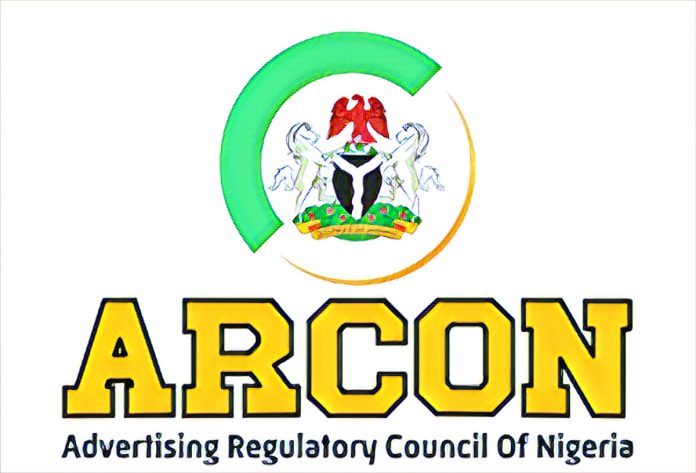The Nigerian advertising industry is facing a major challenge as the self-regulation system that has been in place for decades is no longer working effectively. According to the Advertising Regulatory Council of Nigeria (ARCON), the apex body that oversees the industry, there is a need for a new industry payment policy to protect the interests of all stakeholders and ensure the growth and sustainability of the sector.
ARCON made this statement in response to a lawsuit filed by the Advertisers Association of Nigeria (ADVAN), the body that represents corporate organisations that engage in high-level marketing. ADVAN is challenging ARCON’s rights to legislate on contract and payment terms, among other issues, for the industry players. ADVAN argues that payment terms should be based on private contractual agreements or best industry practices, not on legislation.
However, ARCON contends that the current self-regulation system has failed, as some big stakeholders are exploiting the weaker ones and delaying or defaulting on payments. ARCON says it has the power to demand access to financial records and compel organisations to disclose private business matters related to advertising, as provided in its Act and in line with the constitution. ARCON also says it has the right to set the maximum days for payment cycles, which is 45 days, and that ADVAN members should comply with this regulation.
The dispute between ARCON and ADVAN reflects the deep-rooted problems that have plagued the Nigerian advertising industry for years. The industry, which was valued at $425 million in 2017, has been struggling with issues such as low budget allocation, poor data and research, lack of innovation and creativity, and unethical practices. The industry has also been affected by the COVID-19 pandemic, which reduced the demand for advertising services and forced many brands to cut costs and prioritise social responsibility campaigns.
The Nigerian advertising industry is not alone in facing these challenges. According to a report by Deloitte, the global advertising industry experienced a 12% decline in revenue in 2020, due to the impact of the pandemic and the shift to digital platforms. The report also projected a slow recovery for the industry, with a 6% growth in 2021 and a 4% growth in 2022.
The Nigerian advertising industry can learn from these global trends and best practices, and leverage them to overcome its current crisis and achieve its potential. The industry can also benefit from a more effective and harmonised regulation system that can protect the interests of all stakeholders, ensure ethical standards, and foster public awareness and education. The industry can also work together with the government and the industry bodies to develop a strategic plan that can set a quantifiable target for the sector’s size and contribution to the GDP.
Source: Tribune Online



